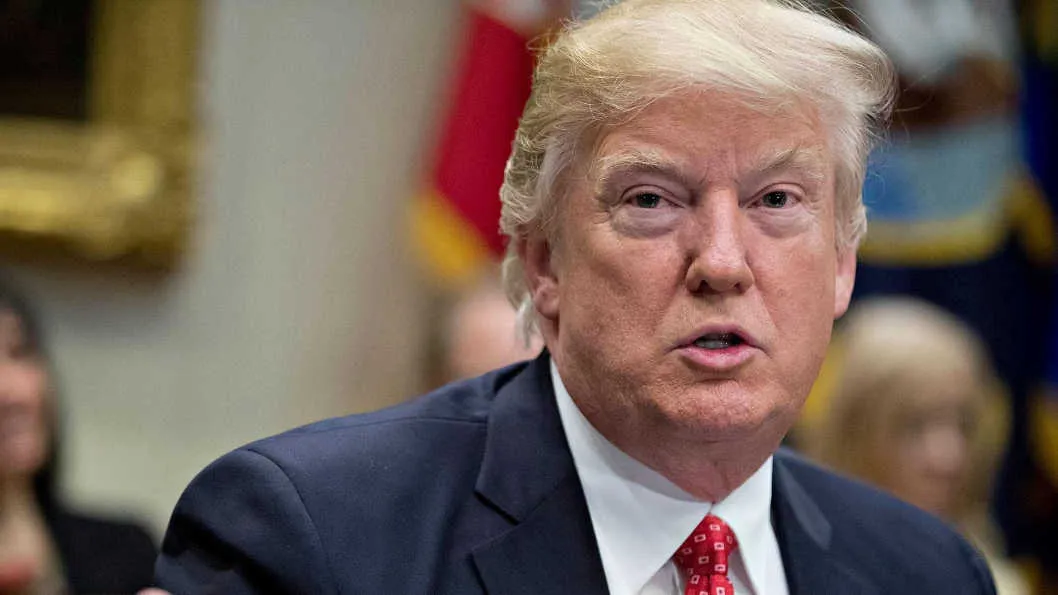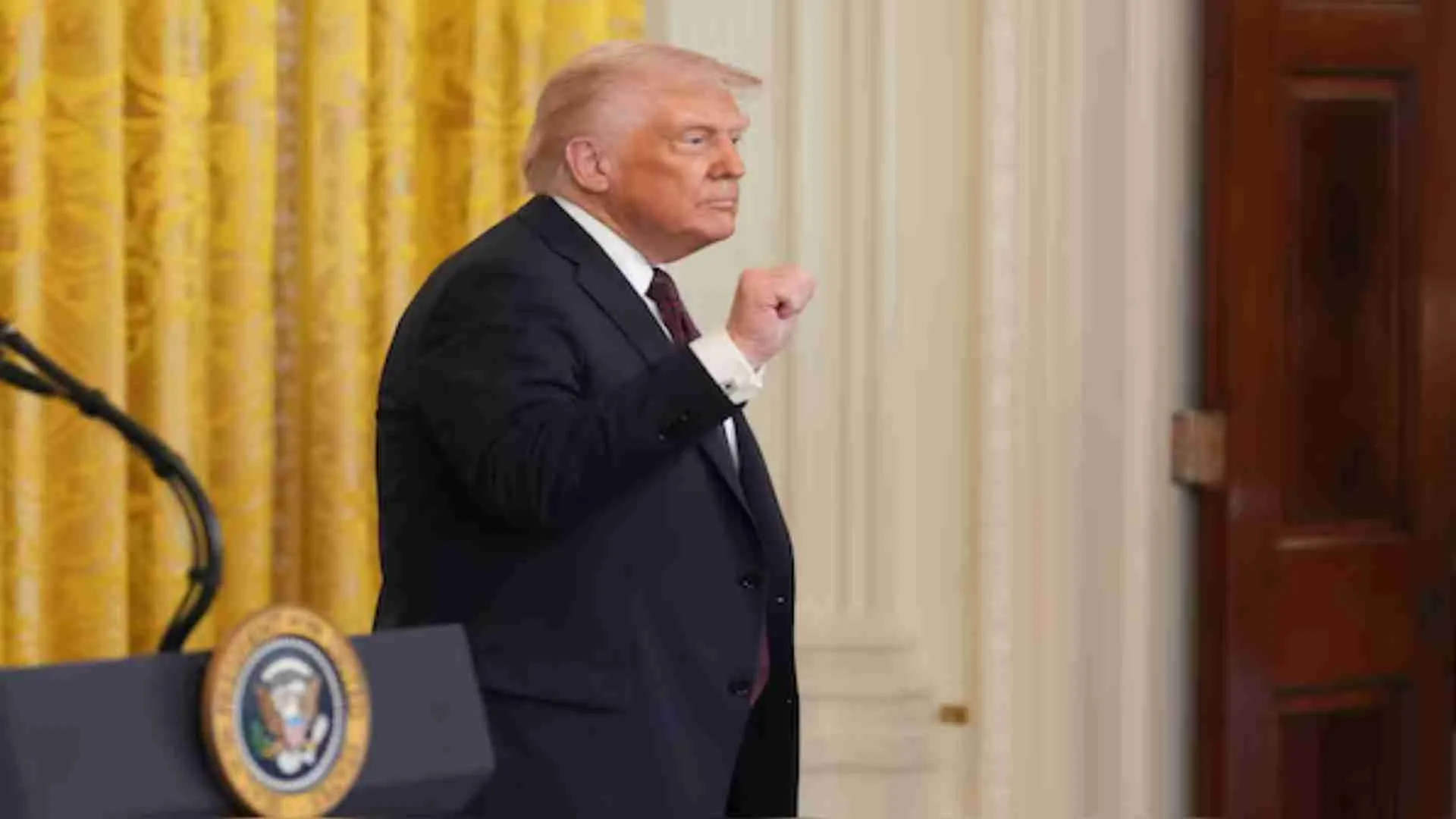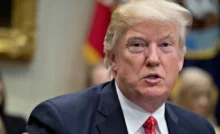CBO Warns of Early Default Risk
In its latest analysis, the CBO stated that the US Treasury may run out of borrowing capacity by August or September if Congress does not raise or suspend the debt ceiling. If borrowing needs exceed projections, a default could happen as early as late May or June.
The US government operates under a debt ceiling, which limits how much it can borrow. Congress must lift or suspend this limit periodically to prevent a government shutdown and avoid default. Right now, the government has already exceeded the ceiling and is relying on “extraordinary measures” to keep borrowing. However, the CBO warns that these measures will expire by August—or even earlier if no action is taken.
Partisan Standoff Over Debt Ceiling Solution
Republicans and Democrats remain deeply divided on how to resolve the debt ceiling crisis. While Republicans push for fiscal restraint, former President Donald Trump’s unfunded tax cuts are projected to add $10 trillion to the deficit over the next decade. Analysts doubt that spending cuts will offset this increase. Since 2008, the federal deficit has surged from $10 trillion to $36 trillion.
Senate Majority Leader John Thune said on Tuesday that Republicans are working on attaching a debt-limit provision to a tax package under a reconciliation bill. This move would allow them to pass it without Democratic votes. However, it remains unclear whether the plan has enough support within the party.
Democrats have signaled their willingness to extend the debt ceiling but reject using it as a tool to push tax cuts. They argue that the proposed cuts mainly benefit the wealthiest. Instead, they insist that Republicans must work with them to protect programs like Social Security and healthcare.
With the deadline approaching, uncertainty looms over financial markets and federal programs, heightening pressure on Congress to act swiftly.









